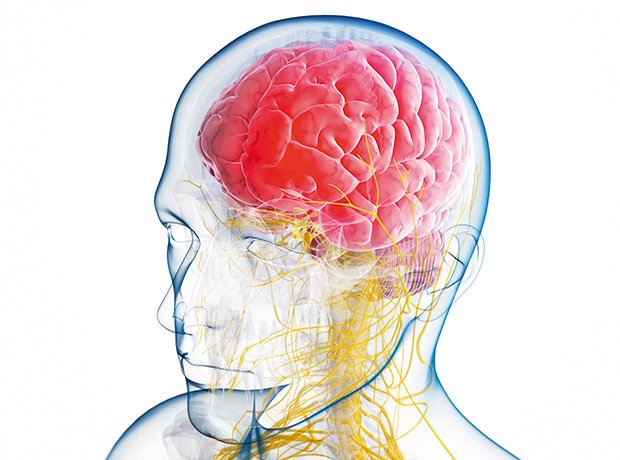Debiopharm commences pivotal glioblastoma therapy study

The therapy is a brain-penetrant used in various combinations in patients with progressive glioblastoma
Debiopharm – a company focusing on future standards of cancer care and infectious diseases – has announced the beginning of its open-label phase 1/2 research of its candidate Debio 0123.
The therapy is a brain-penetrant and selective WEE1 inhibitor, used in combination with temozolomide (TMZ) in patients with recurrent or progressive glioblastoma (GBM). It is also being studied in combination with TMZ/RT (SOC) in newly diagnosed patients. The commencement phase of the clinical study aims to establish the recommended phase 2 doses of the treatment.
Ultimately, Debiopharm is aiming to meet the pressing requirement for novel treatment interventions to boost quality of life and clinical outcomes for patients living with GBM.
Among cancer cells, DNA damage response (DDR) pathways are often upregulated due to genomic instability, increasing the chances of resistance to DNA-damaging therapies. Blocking DNA repair pathways through inhibition of essential kinases, such as WEE1, can contribute to increase the cancer’s vulnerability to standard of care therapies.
Preclinical data has demonstrated, however, that Debio 0123 crosses the blood brain barrier and successfully inhibits tumour growth. Meanwhile, the combination of Debio 0123 with TMZ has been shown to significantly increase antitumour activity.
Dr Victor Rodriguez-Freixinos, associate medical direction in oncology at Debiopharm, was optimistic about the results: “The combination of Debio 0123 with temozolomide is promising. Treatment with Debio 0123 to inhibit WEE1 has the advantage of selectively impacting tumour cells, which, due to the increasing replication stress during the S-phase, become more reliant on the proper functioning of the G2-M checkpoint.”
He added: “Debio 0123 acting at both S-phase and G2-M checkpoint can thus make GBM cells more vulnerable to DNA-damaging agents like temozolomide.”
Dr Patrick Roth, University Hospital Zürich, concluded: “Due to its physiological and structural properties, the blood brain barrier represents a unique challenge for drug delivery and a massive obstacle to patient’s care. Thus, Debio 0123 brain permeability represents an important source of hope to patients suffering from brain cancers.”
GBM involves very aggressive tumours of the central nervous system and represents a major cause of morbidity and mortality across the world.
Source link
#Debiopharm #commences #pivotal #glioblastoma #therapy #study